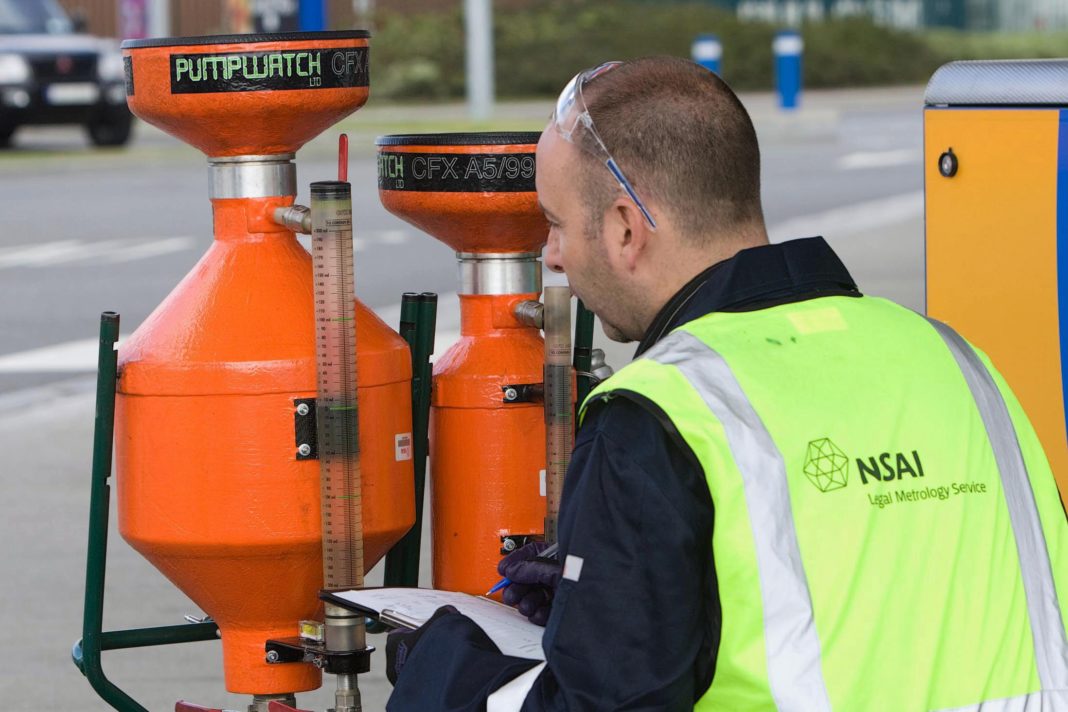The new ‘Pay by Weight’ legislation for bin charges, introduced by the Department of the Environment and due to come into effect next month (though now postponed to 2017 by Minister Simon Coveney), will affect 1.2 million households and tens of thousands of businesses across the country.
Under this new regime, waste companies will no longer be allowed charge an annual flat fee, or pay-per-collection fee to customers. Instead, waste bills will be calculated by weight.
Under the new regime, businesses and householders must be provided with three bins and minimum rates per kilogramme of waste will apply for brown bin/food waste (6 cent a kilo) and residual waste/ black bin (11 cents a kilo). There will be no mandatory minimum pay by weight charges for green bins / recyclable waste.
There are approximately 750 bin trucks in the Republic of Ireland and NSAI’s Legal Metrology inspectors have been tasked with checking that all of them are weighting refuse accurately, ensuring the quantities charged for are correct.
“Legal Metrology inspectors will conduct regular nationwide inspections of all bin weighing equipment to ensure compliance with legal requirements and give consumers assured confidence that the weights used to form the basis of their waste bills are accurate,” said Paul Turner, head of NSAI’s Legal Metrology.
“All waste weighing systems used for the collection of waste under this new legislation must comply with the requirements of the Metrology Act, 1996. Therefore, if a bin company tampers with their weighing equipment, they will be prosecuted,” he added.
It is hoped this new system will increase recycling rates and reduce the amount of waste being sent to landfill. The pay-by-weight legislation has already been piloted in the Dun Laoghaire-Rathdown area where the amount of waste being put out by the public decreased by between 20 – 25% as soon as it was introduced.
Legal Metrology inspectors check that measuring instruments used in trade are accurate, ensuring consumers are not short-changed and businesses do not end up losing out on revenue. They have the power to prosecute businesses who fail to comply with the law.










